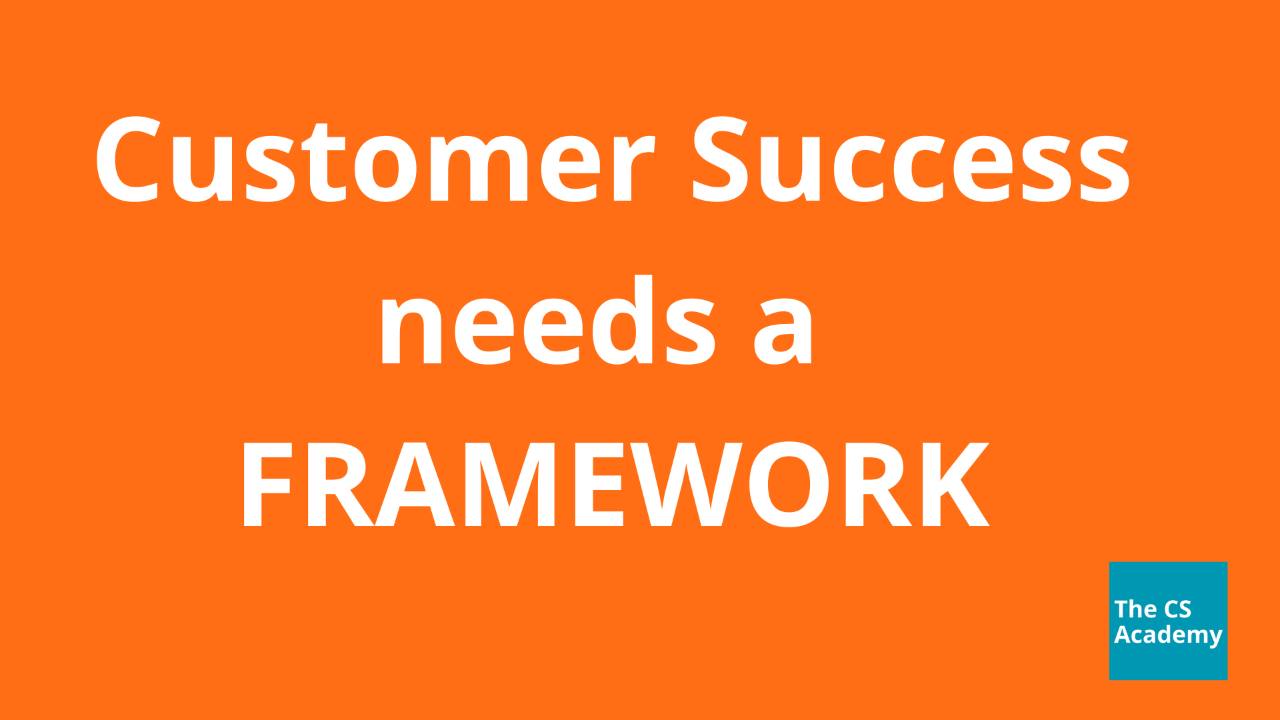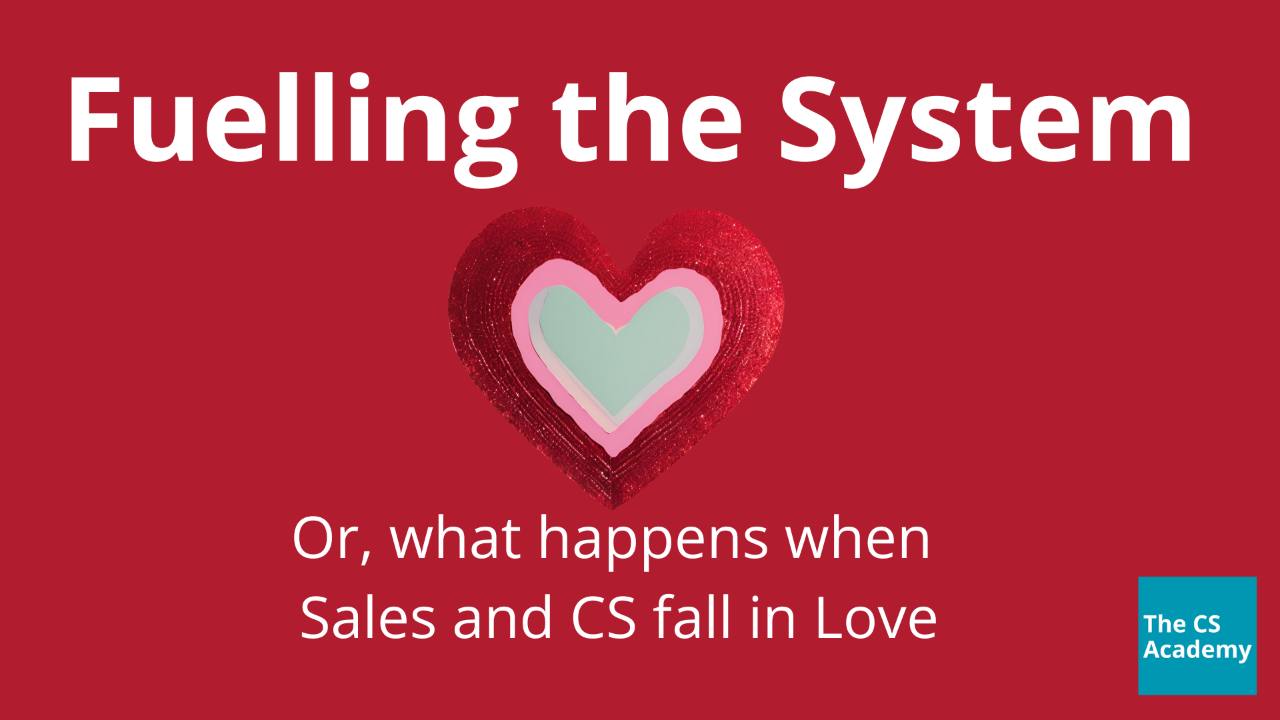Psychology in Customer Success - The Key to Inclusive Leadership

Most of our discussions around Customer Success have become focused on efficiency, ROI and making more with less. I just hosted my first The CS Academy LIVE event, and Holly Goodliffe and I spoke about the world of Digital CS - or shall I better say, how to navigate the jungle of Digital CS.
One element remains consistently underexplored yet critically important: the role of psychology. As leaders, our understanding of human behaviour, motivation, and communication doesn't just enhance our effectiveness—it fundamentally transforms how we build relationships with both customers and teams.
I'm thrilled to announce that I'll be hosting Emma Lampert on the second episode of The CS Academy LIVE series to explore "Psychology in Customer Success." Before we dive deep in our conversation, I wanted to share some thoughts on why psychological principles are becoming essential tools in the modern CS leader's toolkit.
Why Psychology Matters in Customer Success
Customer Success is inherently a human-centred discipline. While we often focus on metrics, processes, and technology, the foundation of what we do relies on understanding people's needs, challenges, and aspirations. Psychology provides the framework to:
- Truly understand customer motivations beyond stated requirements
- Navigate difficult conversations with empathy and clarity
- Build authentic relationships based on trust and mutual value
- Lead teams through uncertainty and change with confidence
But perhaps most importantly, psychology equips us with the self-awareness necessary to recognise our own biases, triggers, and strengths—essential knowledge for inclusive leadership.
The Self-Aware CS Leader
Research consistently shows that self-awareness is the cornerstone of effective leadership. When we understand our very own thought patterns and emotional responses, we can:
- Make more balanced decisions by recognising when personal biases might be influencing our judgment
- Manage stress more effectively by identifying our triggers and developing healthy coping mechanisms
- Model vulnerability and authenticity, creating psychologically safe environments where team members feel empowered to share ideas and concerns
As Emma often says, "The journey to inclusive leadership begins with understanding yourself."
Building Inclusive CS Teams Through Psychological Principles
Inclusive leadership isn't just about acknowledging differences—it's about creating environments where diverse perspectives are actively sought and valued. Psychology offers several practical approaches:
- Active listening techniques that ensure every voice is heard
- Cognitive bias awareness that helps us recognise when we might be favouring familiar ideas or people
- Emotional intelligence practices that help us navigate complex interpersonal dynamics
- Growth mindset cultivation that encourages innovation and resilience
These skills aren't just nice-to-have additions—they're becoming essential competencies for CS leaders who want to build high-performing, adaptable teams in today's complex business environment.
Join Us to Learn More
In our upcoming webinar, Emma will share insights from her extensive experience applying psychological principles to CS leadership. We'll explore practical strategies for cultivating self-awareness, addressing mental wellbeing challenges unique to CS teams, and navigating the evolving responsibilities of CS leadership.
Whether you're a seasoned customer service leader or just starting your journey, understanding the psychology underlying customer relationships and team dynamics will provide you with valuable tools to enhance your practice and develop into an inclusive leader.
I invite you to join us on May 6th for what promises to be an insightful and potentially transformative live conversation. Bring your questions and experiences—this will be an interactive session where we can learn from each other as well as from Emma's expertise.
Looking forward to seeing you there!
Register here. https://lu.ma/ixnbb6x9
Thomas is the founder of The CS Academy and has been leading Customer Success teams for over a decade. His live webinar series focuses on bringing practical, actionable insights to CS professionals worldwide.





Responses